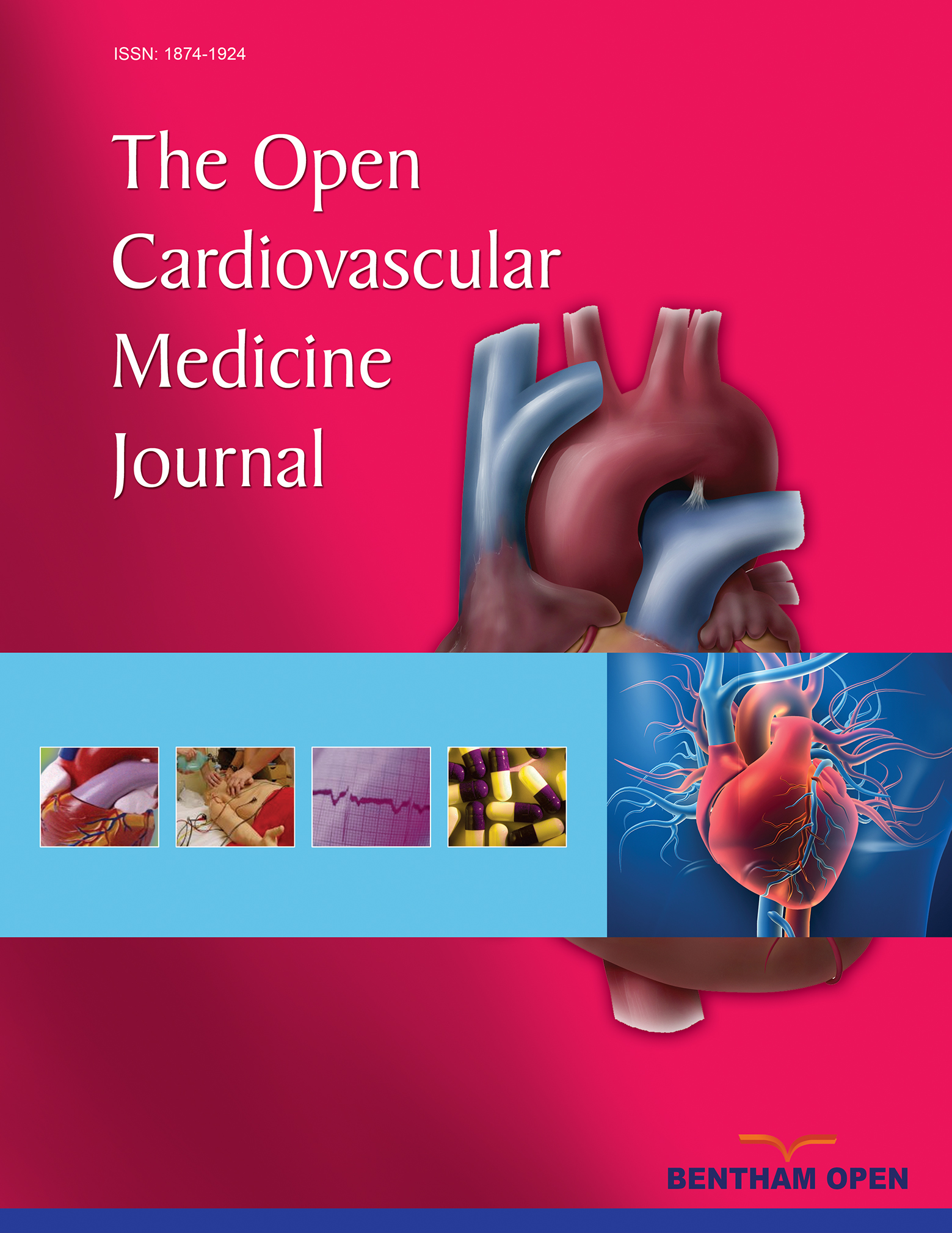All published articles of this journal are available on ScienceDirect.
Episodes of Fall Asleep During Day Time in an Elder Woman with Vascular Dementia: Impact on Cerebral Ischeamic Tolerance and Utility of ECG Holter Monitoring
Abstract
Here we report the case of an 86-year-old woman with advanced dementia addressed to our service for routinary ECG Holter Monitoring (EHM) for bradycardia in AV block type I. Several day-time episodes of fall-asleep while sitting had been previously reported by the nurse and generally attributed to the dementia itself, without taking into consideration the hypothesis of an AV block. The EHM reading reported several and often subsequent pauses (561), many of them critical, the longest lasting 15,9 s with no changes in clinical condition of the patient. The results of the EHM were reported to the physicians in charge for the patient and subsequently the woman was referred to the arrhythmology unit for pace-maker device implantation. Generalizing our experience, we suggest that advanced dementia, often associated with episodes of fall-asleep, could mask a conduction disturbance causing critical pauses with syncope; therefore we suggest screening those patients for possible arrhythmic disorders. Finally, we remark that in our patient the pauses weren’t associated with a worsening of the patient as seen in the follow-up, and this fact supports the hypothesis that vascular dementia could increase cerebral ischaemic tolerance.


